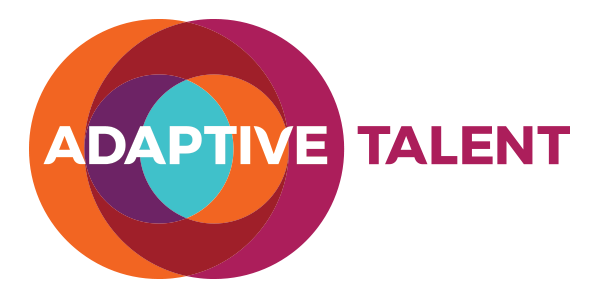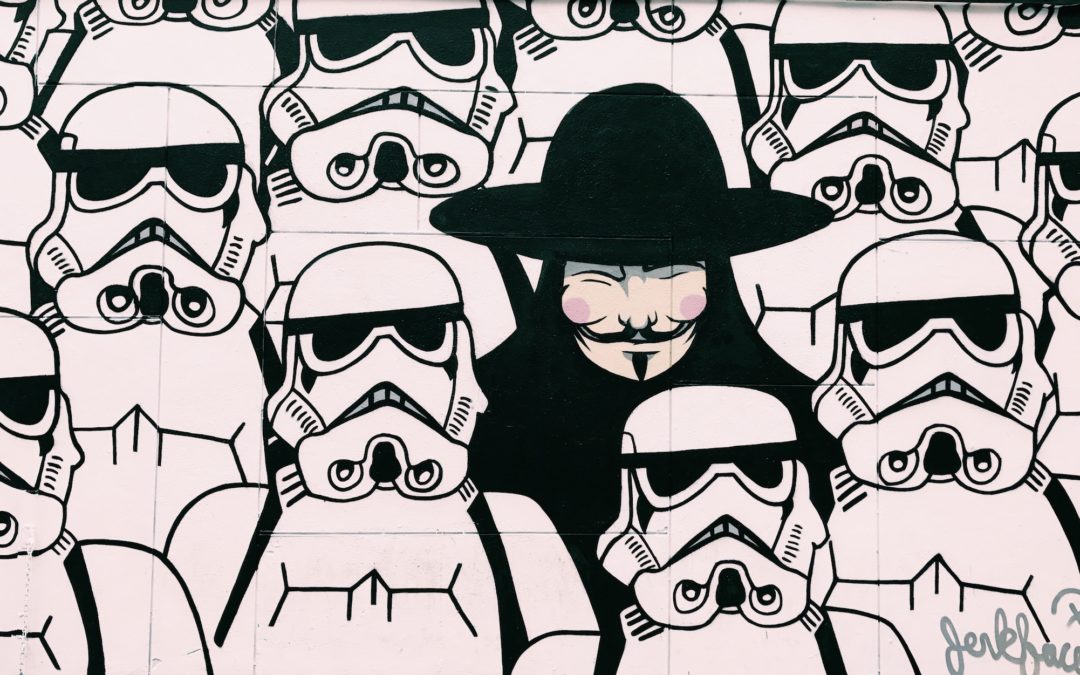Tony Schwartz writes about four destructive myths most companies still live by in the Harvard Business Review. It’s an easy read with actionable suggestions. Here are my quick take aways:
Myth #1: Multitasking is critical in a world of infinite demand: You actually can literally only focus on one thing, and people are unaware of the “switching costs” which actually elongate your task completion time by 25%. How many of us have asked ourselves “Now where was I?”.
Myth #2: A little bit of anxiety helps us perform better: When we’re at our best, we feel safe and supported. The task at hand can still be a stretch for us in any number of ways, but the difference is that you know where to go for help and there are others who actually have the desire, skills, and time to, help. Leaders modeling these behaviors for their direct reports is an easy, powerful way to start changing attitudes and behaviors inside organizations.
Myth #3: Creativity is genetically inherited, and it’s impossible to teach: “As it turns out, the creative process moves back and forth between left and right hemisphere dominance. Creativity is actually about using the whole brain more flexibly. This process unfolds in a far more systematic — and teachable — way than we ordinarily imagine. People can quickly learn to access the hemisphere of the brain that serves them best at each stage of the creative process — and to generate truly original ideas.” How many organizations approach planning using the same old SWOT technique, or only focus on KPIs? An organization that is truly a learning organization teaches people the core skills of listening, observing, coaching, facilitating, and generating new ideas as the basis for developing high impact plans / hunches. These same skills and leadership practices are then naturally applied as people work on the objectives, apply new learning, refocus, etc. When people feel comfortable being vulnerable inside your organization, so many more things are possible.
Myth #4: The best way to get more work done is to work longer hours: Heroes are for movies, not normal, everyday organizational life so make sure people balance activities that charge up, and use, mental and emotional energy. 37signals has written about this often as part of their approach to product development, and I agree with much of their recommendations.
Photo credit: Jon Tyson
—
Adaptive Talent is a talent consultancy designed to help organizations achieve amazing results and ongoing adaptability. Founded in 2008 and based in Vancouver, Canada we offer retained search, assessments, total rewards consulting, training, leadership coaching and development programs, and culture & organizational development consulting.

